SoundCloud Go: Why the new music streaming service won’t work
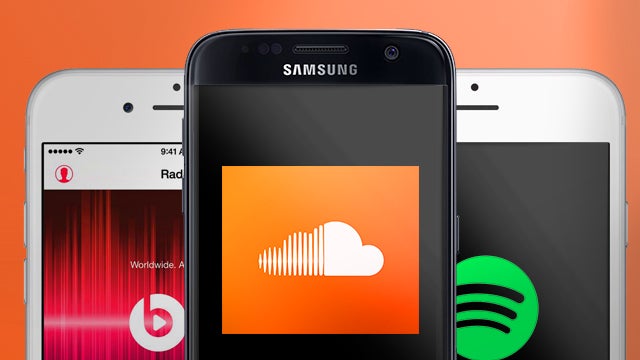
OPINION: With Spotify, Apple Music, Tidal, and countless others offering great music streaming services, can SoundCloud’s new streaming effort compete? Joe Roberts has been using SoundCloud Go and isn’t convinced.
SoundCloud’s newly launched subscription service, SoundCloud Go, has now arrived in the UK, and it’s all a bit confusing.
Originally launched in the US this March, the arrival of SoundCloud Go also signals the introduction of adverts on the free version of SoundCloud. The Go service itself costs £9.99 per month and offers several benefits, including the ability to download ‘liked’ tracks and playlists for offline listening, and ad-free streaming.
But its main draw is access to a newly negotiated catalogue of tracks from major label artists, which appear on the service alongside the usual user-uploaded tracks.

It’s this combination of popular songs and lesser-known content that SoundCloud hopes will set it apart from established music streaming services. The idea is that users will have the opportunity to discover tracks they’d otherwise never encounter, simply by listening to their favourite artists and exploring related songs and artists.
As a long-time SoundCloud user, I can attest to its usefulness when it comes to finding new artists. Even before SoundCloud Go launched, the site’s ‘related’ playlists were a great way of unearthing tracks that would otherwise remain hidden from the average listener. But quite what the addition of these major artists brings to the table, I’m unable to figure out.
Here are some reasons SoundCloud Go isn’t quite worth your £9.99 per month just yet.
What is SoundCloud Go?
SoundCloud has had a winning formula since its launch, which has allowed it to amass 175 million monthly users. The idea, like most good concepts, is simple. You can sign up for a free account and begin uploading your own tracks and listening to other users’ uploads. There’s also the option to pay for a ‘Pro’ account, which means you can upload more tracks and see which countries are listening to your music most.
That’s been the SoundCloud model for some time, and it’s a pretty straightforward proposition which has led to a wealth of diverse and unique music being uploaded to a single online source.
Related: What Apple must do to win the music streaming war
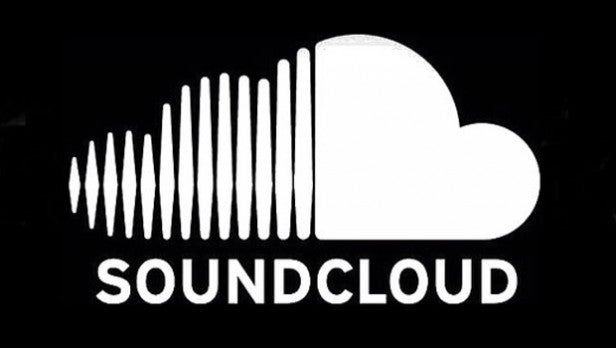
How does SoundCloud Go fit into this equation? Well, as I said earlier, it’s all a bit confusing.
Firstly, all those user uploaded tracks – of which there are currently in the range of 110 million – will remain on the service and can be streamed by anyone, regardless of whether they don’t have an account, have a free or Pro account, or have signed up to SoundCloud Go. Except now, if you don’t have a Go account, you’ll have to put up with adverts interjected between tracks.
If you do decide that SoundCloud Go is for you, you’ll get access to the newly added library of around 15 million tracks from major label artists. What’s more, you’ll be given the ability to download songs you’ve ‘liked’, or playlists you’ve put together.
It’s fairly simple when you break it down, but anyone unfamiliar with how SoundCloud worked before will struggle to see why they should choose Go over other services such as Spotify, Apple Music, or Tidal – all of which have much larger libraries.
SoundCloud isn’t Spotify
As I mentioned, SoundCloud Go features around 15 million licensed songs from major labels, alongside the 110 million free tracks that users have added to the site. That’s the same across the US and UK version of the service. Considering Apple Music and Spotify have around 30 million songs, and Tidal launched in October 2014 with more than 25 million tracks in its library, SoundCloud’s catalogue is somewhat lacking compared to its competitors.
But I’m not sure adding more tracks is the way to go either.
When it comes to paying subscribers, Spotify has 30 million while Apple music has around 13 million. SoundCloud is obviously hoping to sign up as many of its 175 million monthly users as it can to the new Go service, but there’s a reason the site has managed to build up such a large community of listeners.
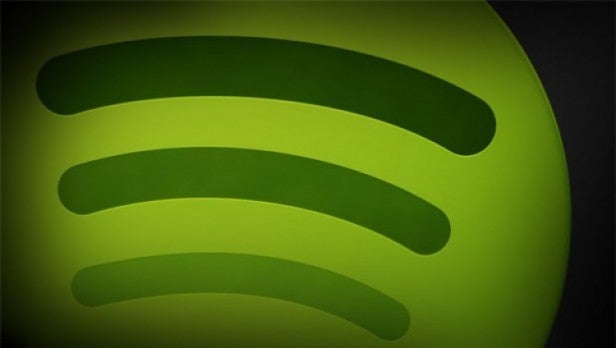
In much the same way that YouTube has allowed the average person to share their talent with the world, SoundCloud has been successful precisely because it offers an alternative to a music industry regulated by big labels. People go to SoundCloud for the community. It’s unique because it will feature songs you won’t hear anywhere else. Even the great Yeezus has uploaded a few tracks he’s declined to release elsewhere.
The addition of licensed music from major labels is great, but for a site that’s built its reputation on the concept of allowing anyone to upload tracks and build a following, introducing millions of songs from big artists could be interpreted as polluting the waters somewhat.
Reinventing itself as a streaming service, and running the risk of alienating those who came to SoundCloud for the community ethos behind it, seems somewhat risky – especially if you’re going to launch the new service with far less tracks than your rivals.
In other words, it’s all a bit vague and confusing. Do you notice a theme emerging here?
Searching for stuff is weird
All this philosophising is fine, but perhaps SoundCloud Go is actually great in practice? Well, much like the aura surrounding its launch, the actual implementation of the service seems muddled to say the least.
Reservations aside, I signed up for the 30 day free trial to see what Go was all about. Once you set up your account, nothing changes in terms of the site or app interface. In fact, it’s slightly difficult to figure out exactly what’s changed, at least initially.
Related: Best music streaming service
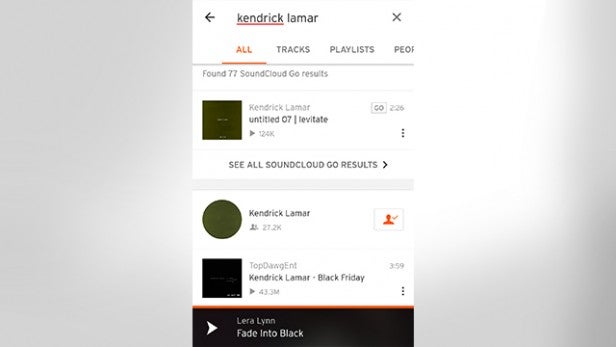 Search is now split between SoundCloud Go results and regular results
Search is now split between SoundCloud Go results and regular results
Once you start searching for songs, you’ll begin to notice some changes. Options from the Go catalogue will now appear alongside the regular SoundCloud search results.The trouble is, you often have to type the full name of the artist and the song title in order to get the right track to surface.
Evidently, Tinie Tempah has a popular song called Girls Like, but typing that title into SoundCloud will give you Miguel’s Girls Like You as the top hit from SoundCloud Go. If you type both artist and track title however, you’ll get Mr. Tempah’s effort straight away.
It’s a small issue, but these things matter if SoundCloud is really going to tempt people away from rival services.
So is the library actually any good?
For those interested in how easy it will be to find popular music, I performed a little experiment.
Taking the top 10 songs in the charts (yes, the charts are still a thing) at the time of writing, SoundCloud Go actually performed pretty well. I found eight of the top tracks, with only Alan Walker and Calvin Harris missing from the lineup (which I can only really thank SoundCloud for saving me from).
Drake – One Dance – Available on SoundCloud Go
Calvin Harris – This is What You Came For – Not available
Sia – Cheap Thrills – Available on SoundCloud Go
Mike Posner – I took a pill in Ibiza – Available on SoundCloud Go
Fifth Harmony – Work from Home – Available on SoundCloud Go
DNCE – Cake By The Ocean – Available on SoundCloud Go
Zara Larsson – Lush Life – Available on SoundCloud Go
Galantis – No Money – Available on regular SoundCloud
Alan Walker – Faded – Not available
Tinie Tempah – Girls Like – Available on SoundCloud Go
It’s only when searching for slightly less well-known signed artists that you’ll notice the gaps in the catalogue.
What’s more, SoundCloud’s quirkiness when it comes to how artists choose to upload tracks doesn’t really play into the whole streaming service thing too well. For instance, during my experiment, I managed to find Drake’s single, One Dance, but it wasn’t under his name, it was under his record label’s account. If you didn’t know that October’s Very Own was Drake’s label, you might question whether you’re getting the right track, or otherwise become confused by the whole thing.
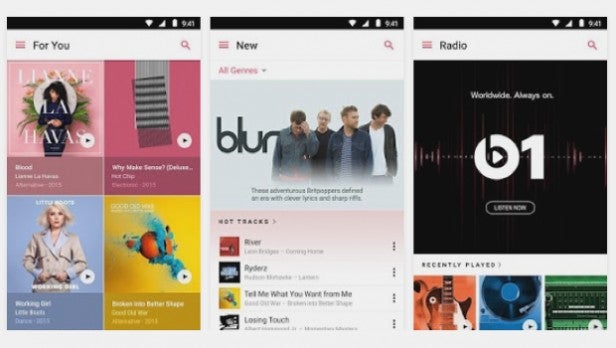 Apple Music and other services make searching much easier and have larger libraries
Apple Music and other services make searching much easier and have larger libraries
Again, it might seem like a small issue, but if you sign up for one of the other big streaming services, you’re never going to run into these types of quirks – you’ll get artist and track title and you can stream away.
The library is decent enough then, but if simplicity is what you’re looking for, SoundCloud Go isn’t the service for you.
Downloading is the best part
One feature that will appeal to seasoned SoundCloud users is the ability to download tracks and playlists for offline listening. This feature actually works very well, and once you enable it, any tracks you ‘Like’ in future will automatically be downloaded for listening while disconnected.
Related: Best portable speakers 2016
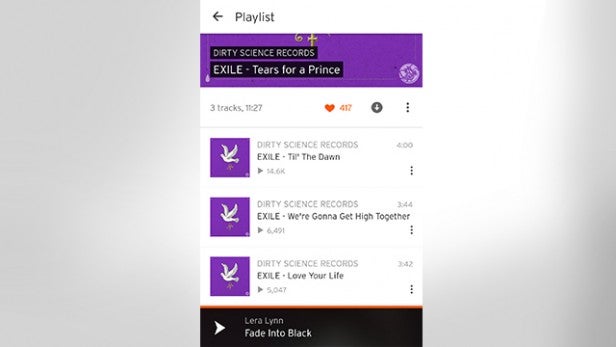 You can now download liked playlists and tracks just by tapping the arrow button
You can now download liked playlists and tracks just by tapping the arrow button
That’s great for those who like compiling playlists and listening to them on the go. Whether you’re inhibited by a data cap or rarely have a stable enough signal to keep a SoundCloud playlist playing uninterrupted on the go, this is undeniably a standout feature.
Found some hidden gems during an evening’s SoundCloud exploration? Now you can revisit them on your commute the next morning.
But playing albums is far too difficult
When you do stumble upon an artist whose entire album is available to stream, you’ll notice that – as with many aspects of SoundCloud Go – it’s not as simple as it seems. Unless that artist has assembled the various album tracks into a playlist, you’re going to have to do it yourself if you want to hear the entire album in one.
That’s right. Rather than showing you album results and letting you stream them, SoundCloud Go requires that you do the work of putting the album together yourself.
Related: Best headphones
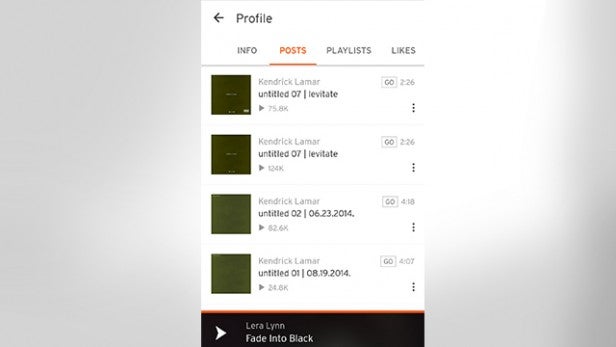 Good luck assembling Kendrick’s back catalogue
Good luck assembling Kendrick’s back catalogue
This is one of those things that works great when you’re using the service to assemble lists of little-known tracks that can’t be heard elsewhere, but which just seems irritating in the context of SoundCloud Go.
Which really gets to the heart of what’s wrong with this whole endeavour.
It could have been so much better
I can’t help but feel the company would have done better to launch its streaming service separately from its standard service. If SoundCloud had been able to negotiate a bigger catalogue of tracks from the major labels, and launched its Go service as a new product, rather than mashing it together with the fantastic community it’s managed to build over the years, I think there’s every chance that it could seriously compete with rival services.
Plus, if it managed to maintain its commitment to artists and audiophiles by perhaps introducing higher quality streaming, in the same way as Tidal has, there’s also no reason why SoundCloud couldn’t rely on its reputation to tempt music fans away from other services.
What’s more, that would allow the company to introduce downloading – which is currently the best part of SoundCloud Go – as an extra option for its Pro subscribers on the regular service.
As it stands, we’ve got a muddled and confusing service that not only doesn’t stand up against rival services, but threatens to degrade the great community SoundCloud has done so well to build up.

